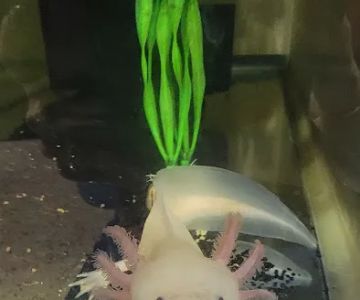How to Help Your Cat with Separation Anxiety
- Understanding Separation Anxiety in Cats
- Signs That Your Cat Has Separation Anxiety
- Effective Ways to Ease Separation Anxiety
- Products That Can Help
- Where to Find Professional Help
Understanding Separation Anxiety in Cats
Cats may be known for their independence, but many experience anxiety when left alone. Separation anxiety in cats can stem from a lack of socialization, sudden changes in environment, or excessive dependence on their owner.
Signs That Your Cat Has Separation Anxiety
- Excessive Meowing: Constant vocalization when you're away.
- Destructive Behavior: Scratching furniture or knocking over items.
- Litter Box Issues: Urinating outside the litter box due to stress.
- Excessive Grooming: Over-licking or pulling out fur.
Effective Ways to Ease Separation Anxiety
Reducing separation anxiety in cats involves creating a comfortable and engaging environment:
- Establish a Routine: Consistency in feeding, playtime, and leaving patterns can help reduce anxiety.
- Use Interactive Toys: Puzzle feeders and motion-activated toys can keep your cat engaged while you're away.
- Provide a Safe Space: A cozy cat bed or blanket with your scent can offer comfort.
- Gradual Alone Time: Slowly increase the amount of time your cat spends alone to help them adjust.
Products That Can Help
Certain products can significantly ease anxiety in cats:
- Pheromone Diffusers: Products like Feliway help create a calming atmosphere.
- Weighted Blankets: Designed for pets to provide a sense of security.
- Calming Treats: Natural supplements infused with chamomile and valerian root.
Where to Find Professional Help
If your cat's separation anxiety persists, consulting a veterinarian or animal behaviorist can be beneficial. Visit Hidden Brook Veterinary for expert advice and solutions.










